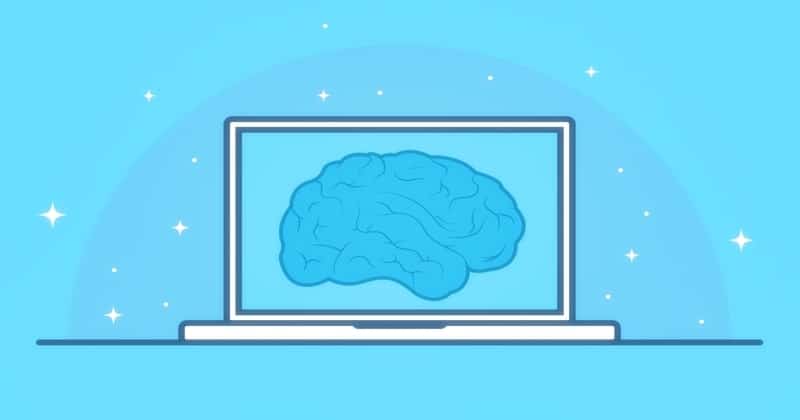We all knew Facebook is being haunted by several data privacy scandals, but the firm’s running well with its inventions too. UCSF team from Reality Labs, which is sponsored by this gigantic social media house has a major breakthrough in their Brain-Computer Interface (BCI) project, which shall have an error rate of just 3% for a 300-word vocabulary. This is a great leap from previous records and would suffice perfectly into Facebook’s future AR/VR plans.

Setting a new record
Researchers from UC San Francisco (UCSF) at Reality Labs have leveraged the machine learning to a great cause today. The team recorded a height BCI (Brain-Computer Interface), which is reading the data directly from the brain and transcoding it onto a computer screen. While there have been similar researches in the past, they’ve just recorded the transcriptions with a 60% error rate for a 100-word vocabulary. This may be good enough but until today.
UCSF research has a new record of just a 3% error rate for 300 words vocabulary! This is a great leap from previous developments, thus notable. This follows their last year’s research on decoding brain data in almost real-time. Facebook has previously and clearly mentioned about its intentions of developing such tech, as imbibing this into its AR/VR can give their users an immersive experience of hands-free interaction with both virtual and physical surroundings.
The unpredictable future
Facebook may celebrate this breakthrough, or even work further for sophistication. But it’s not evidently seen that it could reach the public. It’s not just about the price, but for privacy too. Think, people will not always want to share everything they had in their minds. This is more like taking photos of everything you see and showing only a few to others. Facebook too is unsure about the public’s acceptance of pitched as a complete product. We’ll see this soon.
Via: ZDNet



